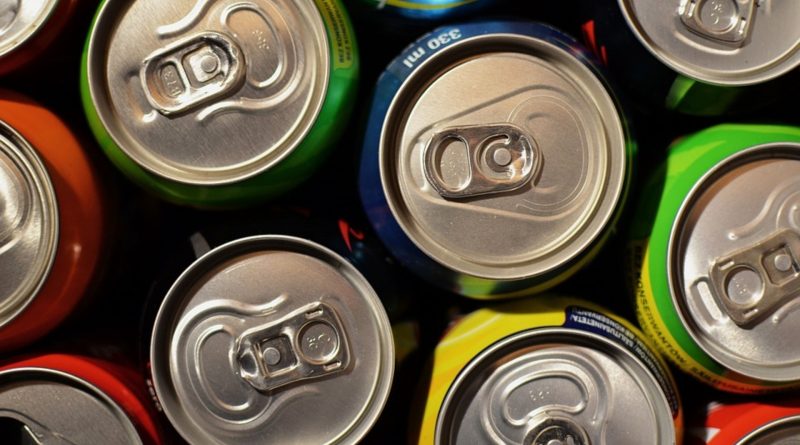Aluminum recycling, useful information
Aluminum recycling, useful information
Among the most important energy saving techniques, obviously the recovery and recycling of raw materials plays an important role. Let’s now look at the aluminum recycling, useful information and suggestions.
By recycling aluminum, it is possible to save on average 90 to 95% of the energy required for the production of virgin aluminum, which implies an obvious saving in CO2 emissions.
Even if some companies carry out the phases of the entire aluminum recycling chain: from collection to the production of new material, there is no doubt that the hypothesis of a recovery and therefore recycling by citizens can play two important roles. : an ecological role, as this precious raw material and an economic role is not lost in the environment, as it is also possible to obtain a small economic profit.
For information, the aluminum coming from recycling is called “second raw material”, which undergoes various processes until it is available again for new products (cans, sheets, etc.).
The raw material of aluminum is bauxite. The bauxite ore is mined in various mines in the world with energy costs of extraction and transport of the raw material.
It is important to know, for energy purposes, that the aluminum recycling process uses only 5% of the energy used to produce primary aluminum from bauxite; this means that with the recycling of aluminum there is a considerable reduction of environmental and economic costs. The recycling of aluminum is one of the most advantageous among the recyclable materials.
To get an idea of the aluminum recycling activity, we quote some figures: the price per kg of aluminum conferred is on average 0.50 euros. To understand if this figure is high or low, consider that the cost per kg of plastic (PET) is 0.18 euros per kg and the one per kg of recycled paper is 0.05 euros. In short, recovering and recycling aluminum maybe does not make us rich but gives us a small economic and ecological profit.
Obviously the price per kg depends on the purity and the conditions of the matter and also on the distance. It is clear that if the collection point is distant, transport costs will affect the decrease in this price.
The future of our habits therefore also passes from other small activities that, play with strength, will enter into the lifestyles of the future. Recycling is an act, as well as an economic advantage, of a moral nature.
Guido Bissanti

